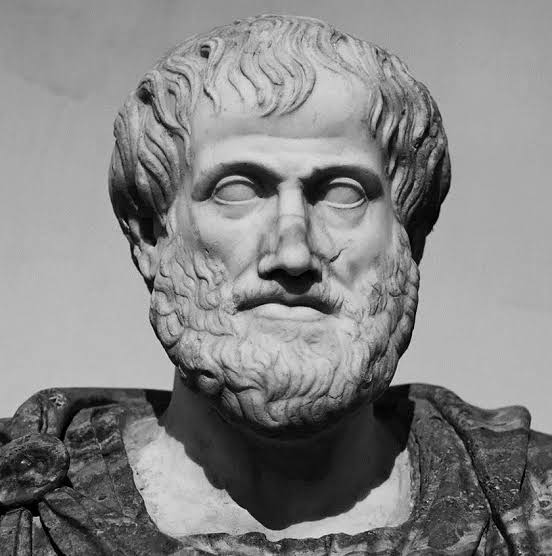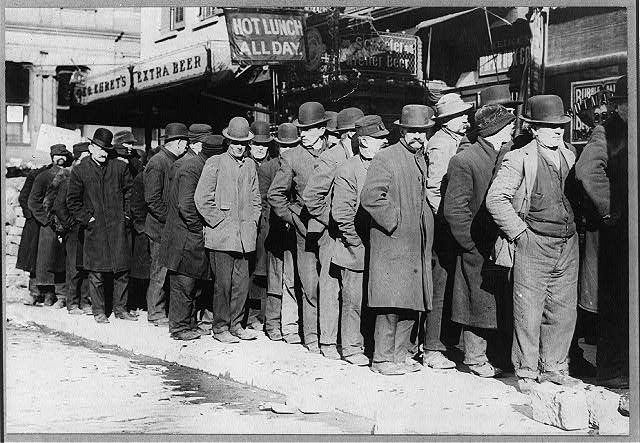Carl Menger, the founder of the Austrian approach to economics, was not the first or last thinker to see similarities between a society and a living organism, suggesting the existence of undesigned, spontaneous order. The names Adam Ferguson and Adam Smith, before...

















